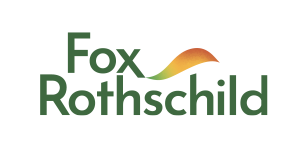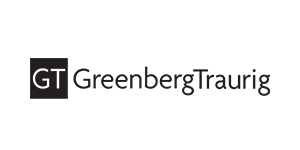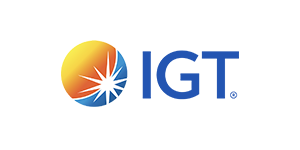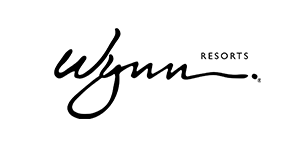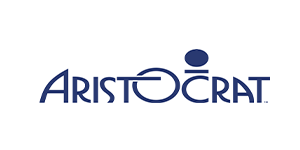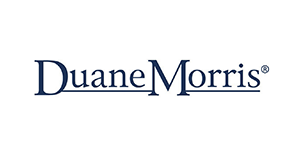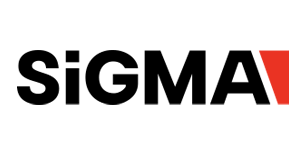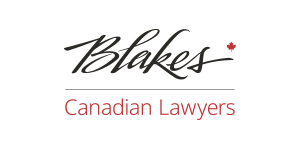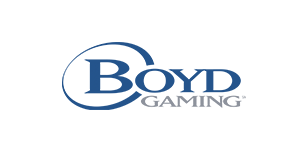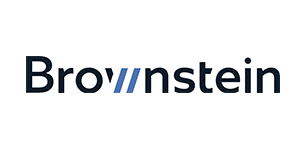- Home
- About IAGA
- Events
- Membership
- Sponsorship
|
Massachusetts Law & Practice Update in Chambers and Partners Global Practice Guide In November 2011, at a time when the Commonwealth of Massachusetts had an unemployment rate of approximately 7%, Massachusetts Governor Deval Patrick signed into law the Expanded Gaming Act (Session Law 2011, c. 194, § 1, et seq.) (the “Expanded Gaming Act”). Among the main purposes of the law were the creation of new jobs, the raising of additional revenue for the Commonwealth and contributing to the growth of the Massachusetts economy. At the time the law was enacted, Massachusetts residents seeking casino gambling had to travel to casinos in nearby Rhode Island and Connecticut. Accordingly, the Expanded Gaming Act sought to provide the additional benefit of keeping this spending by Massachusetts residents within the Commonwealth.
The Expanded Gaming Act allows for up to three destination resort casinos (Category 1 Licensees), one each located in three separate geographical regions of the Commonwealth (West, East and Southeast), and a single slots facility (Category 2 Licensee). The Act created the Massachusetts Gaming Commission (MGC) to regulate and oversee the casinos and pari-mutuel wagering.
As of the time of writing, destination resort casino licences have been awarded to casino operators in the West region (the MGM Springfield Casino, in Springfield) and the East region (the Encore Boston Harbor, in Everett, which borders Boston), but no licence has been awarded for a destination casino resort in the Southeast region. The Category 2 licence was awarded to Penn National, which operates the Plainridge Park slots facility and harness horse racing track in Plainville, located in between Boston and Providence, Rhode Island.
Plainridge Park opened in June 2015, the MGM Springfield Casino opened in August 2018 and the Encore Boston Harbor went live in June 2019.
Among the reasons a licence for the Southeast region remains unawarded is uncertainty about whether a gaming facility in that region will be developed by the Mashpee Wampanoag American Indian Tribe (the "Mashpee Wampanoag"), and operated pursuant to the Indian Gaming Regulation Act (IGRA). A federally recognised tribe, the Mashpee Wampanoag have faced several legal hurdles in their quest to construct and operate a casino in the southeastern Massachusetts town of Taunton. In 2015, the US Department of the Interior (DOI) took land into trust for the Mashpee Wampanoag to use for a casino, but in 2017 the federal Massachusetts District Court ruled that the DOI exceeded its authority in doing so. The DOI appealed, but eventually abandoned that appeal. In May 2019, a US congressional representative from Massachusetts filed a bill (HR 312) that would establish the Mashpee Wampanoag's right to have land taken in trust for a casino. As of this writing, the bill passed the House, and a Senate version has yet to be introduced.
Massachusetts’s other federally recognised tribe, the Wampanoag Tribe of Gay Head (the “Aquinnah”), also faced legal hurdles establishing a gaming facility on its reservation lands, which are on the island of Martha’s Vineyard. The Commonwealth took the position that the Aquinnah had waived its right to conduct gaming under the IGRA by reason of a 1988 settlement between the Aquinnah and the Commonwealth. In 2016, the federal Massachusetts District Court agreed with the Commonwealth, but in 2017, the US First Circuit Court of Appeals overturned that decision and held that the Aquinnah were eligible to conduct gaming on their reservation lands under the IGRA. The US Supreme Court left the appellate court’s ruling in force when it declined to take the case. As a result, the Aquinnah are proceeding with construction of a Class II bingo facility, with games that will have the look and feel of slot machines. Construction of the facility has been delayed by further litigation related to local building permitting.
Any casino in the Southeast region of the Commonwealth will face competition from Rhode Island’s two state-operated casinos, located in Tiverton, Rhode Island, and Lincoln, Rhode Island, which are one mile and 14 miles from Massachusetts’s border, respectively.
In addition to casino gaming, Massachusetts offers pari-mutuel wagering on live harness horse races and on simulcast events. Massachusetts’s only active thoroughbred horse track, Boston’s Suffolk Downs, hosted its final live races in June 2019. Online wagering on horse races involving pre-funded wagering accounts – also known as “account deposit wagering”, or ADW – is lawful in Massachusetts. Betting on live dog races occurring in Massachusetts was banned in Massachusetts pursuant to a 2008 state-wide ballot initiative approved by voters.
Massachusetts allows limited charitable gaming – ie, raffles, bingo and “casino nights” – when conducted by qualifying non-profit organisations. Permits are required. Charitable online raffles are also permitted, subject to compliance with state regulations.
Massachusetts has one of the most successful state lotteries in the nation. A 2018 study by LendEDU out of Hoboken, New Jersey, showed that, in 2017, annual per person lottery spending in Massachusetts was USD737, more than in any other state. The Massachusetts Lottery currently is prohibited from selling its products (except for season tickets) via online or mobile channels. Three bills are pending before the legislature that would authorise the Lottery to offer its games via such channels.
Finally, the offering of daily fantasy sports (DFS) contests is expressly lawful in Massachusetts. Although unlicensed and untaxed, it is subject to consumer protection regulations promulgated by the Massachusetts Attorney General.
For more information and to view the full update, click here. |

